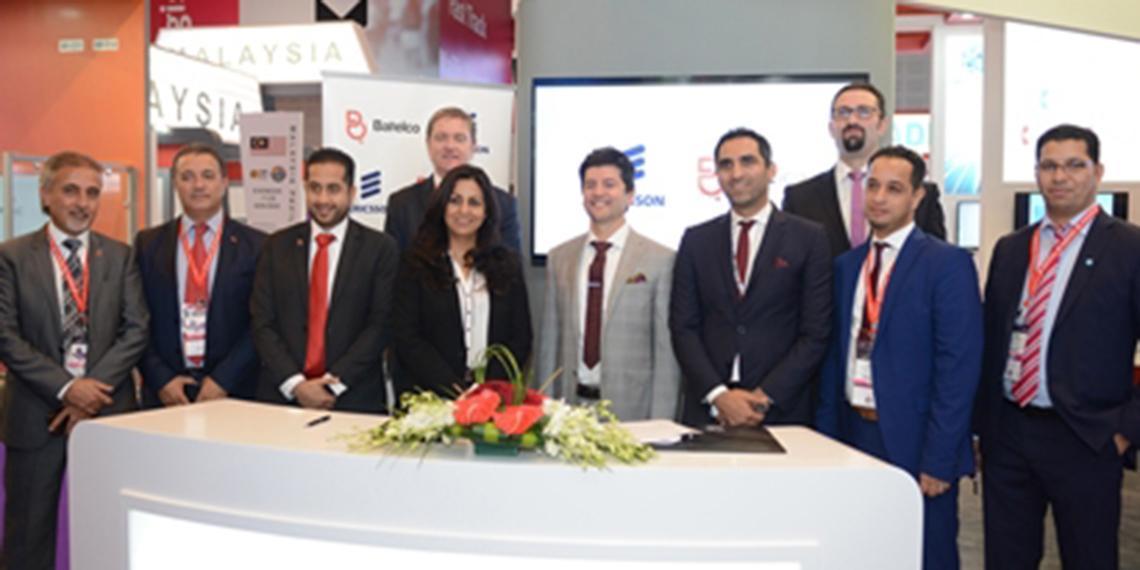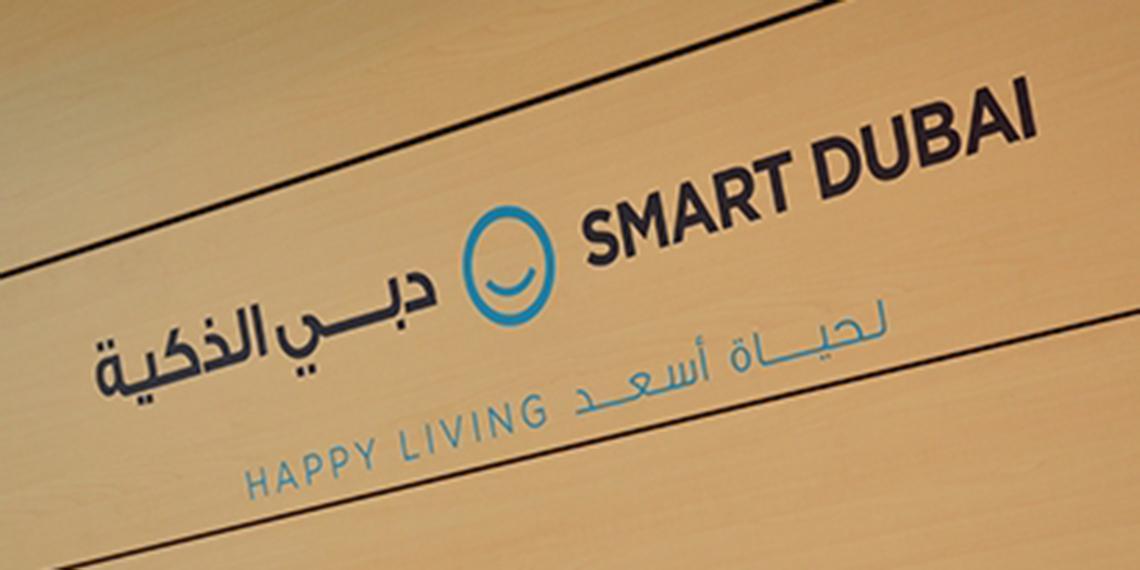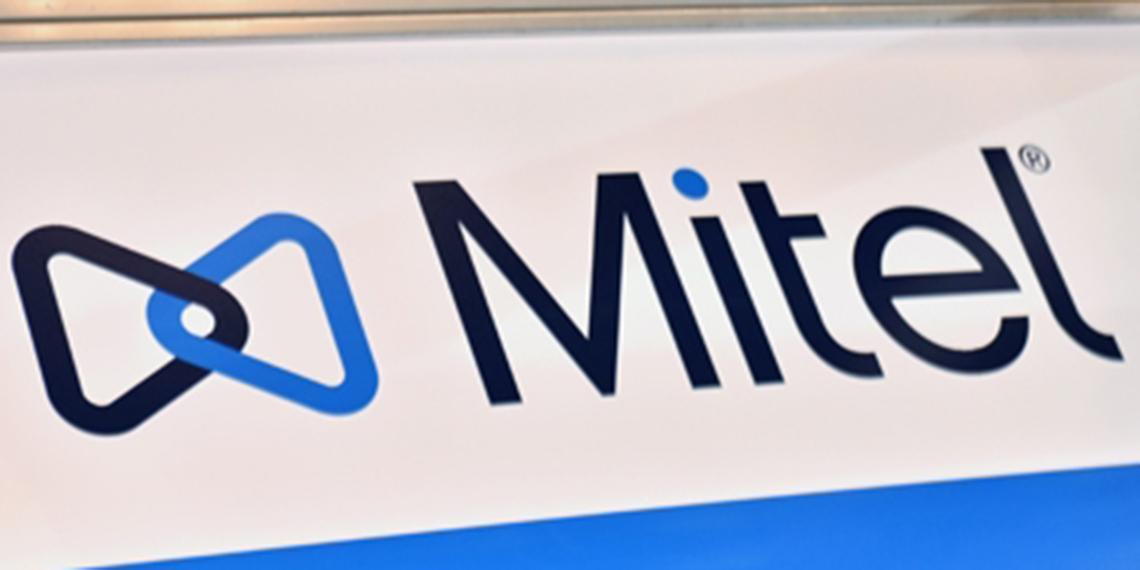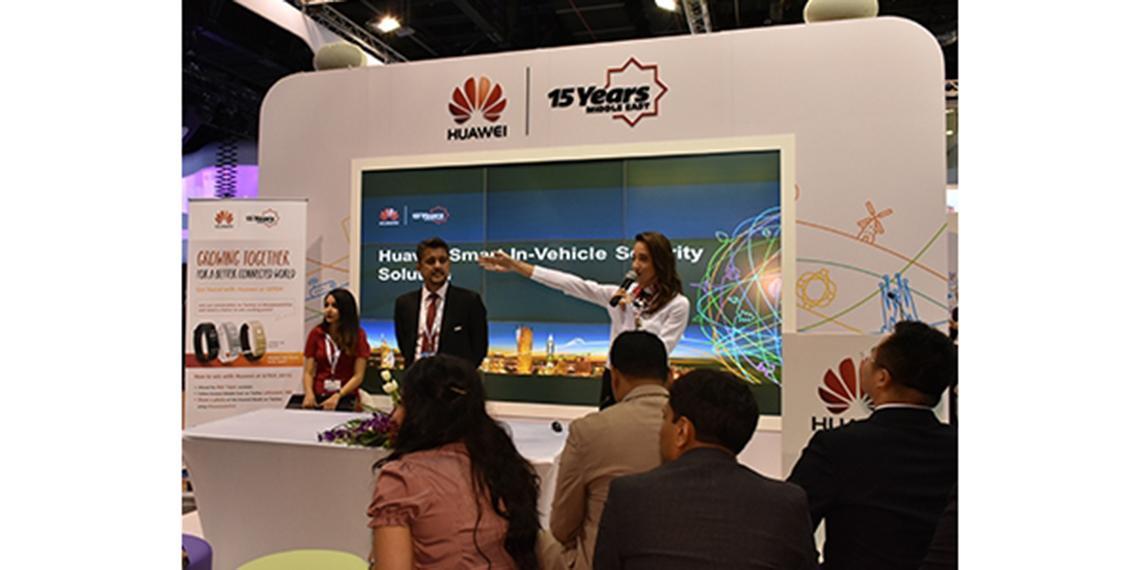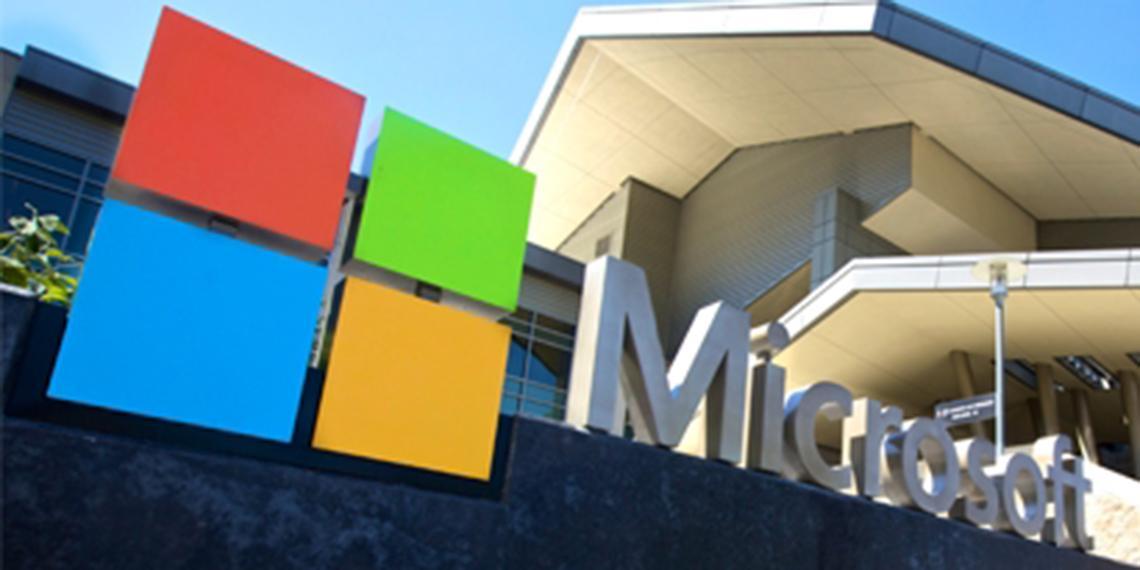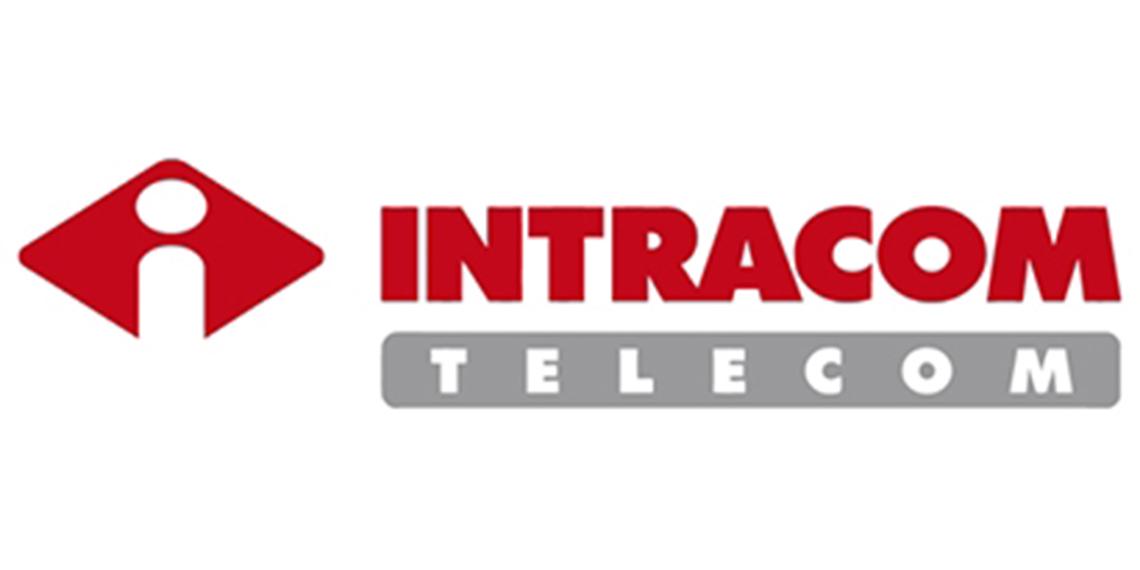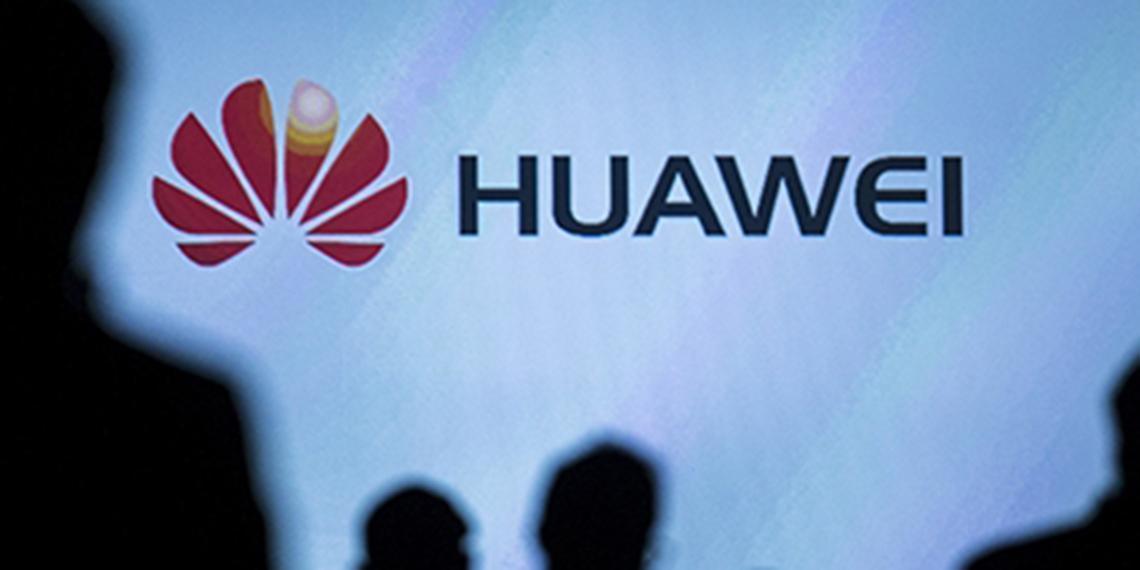Batelco and Ericsson have joined forces to collaborate on the development of 5G and Internet of Things (IoT) use cases. The Memordandum of Understanding (MoU) will help drive innovation and early IoT applications on 5G mobile network technology based on the market requirements in the Kingdom of Bahrain.

Telecom Vendors
Smart Dubai unveils 11 experiences for Gitex Technology Week 2016
Private sector services will take centre stage at the Smart Dubai exhibit during next week's Gitex Technology Week, with 11 experiences to be unveiled that will affect the daily lives of residents.
Mitel showcasing key propositions and demonstrating strong partnerships with its top channel partners at GITEX 2016
Mitel, the Canadiantelecommunicationscompany providingunified communicationssolutions for business, is showcasing its key propositions at GITEX 2016 in Dubai, from 16-20 October, demonstrating a strong partnership with its top channel partners, and positioning itself as a tier 1 communications vendor in the Middle East and North Africa.
Huawei shares future vision for smart cities at GITEX 2016
Join Huawei at GITEX 2016 from 16 to 20 October at Dubai World Trade Center and see how Huawei's 'new ICT' solutions are helping to shape the future in a connected world. Located at booth Z-D20 in Za'abeel Hall, Huawei will showcase the latest ICT innovations that enable organizations across the Middle East to succeed in their digital transformation.
Microsoft Gulf showcasing its latest technology under the theme of 'An Empowered Future' at GITEX 2016
With a theme of 'An Empowered Future', Microsoft Gulf is bringing its latest technology and solutions to the 36th GITEX Technology week taking place from 16th – 20th October. The theme derives from the company's strategy to drive digital transformation among businesses across all industries to achieve more.
InfiNet Wireless to unveil industry leading Carrier-Grade Point-to-Point Wireless Solution at GITEX 2016
InfiNet Wireless, the global leader in fixed broadband wireless connectivity for internet service providers, video surveillance and public safety solutions, announced its participation at GITEX Technology Week 2016 where the company will unveil the InfiLINK XG 1000, its latest addition to its already comprehensive product portfolio.
The future of innovation comes alive with Dubai Internet City at GITEX Technology Week 2016
Dubai Internet City (DIC), part of TECOM Group, has announced its presence at GITEX Technology Week 2016 for the 17th consecutive year as the event's Lead Industry Partner. Home to an innovative and creative community, DIC will showcase futuristic innovations being developed in Dubai. From creating an immersive experience room which takes visitors on a journey into Dubai's future, to leading payment and transportation solutions, DIC's presence at GITEX Technology Week highlights the role that technology is playing in shaping Dubai as a global innovation hub.
Intracom Telecom enriches its E-Band Portfolio for Enterprise Connectivity
Intracom Telecom, a global telecommunication systems and solutions vendor, announced today the expansion of its mmWave product line with the addition of UltraLink-BX70, an E-Band radio to address the Access and Enterprise connectivity market segment needs. The company will launch its latest offering at GITEX Technology Week, 16-20 October 2016, Dubai.
Dubai shares best practices for smart cities at Gitex Technology Week 2016
Global government and technology experts set to speak at GITEX Technology Week have praised Dubai for developing new smart city benchmarks.
Huawei released its video strategy for telecom carriers
At the Ultra-Broadband Forum 2016 (UBBF), Huawei released its video strategy for telecom carriers, reaffirming its commitment to help carriers achieve business success in the video industry by positioning video as their basic service.



